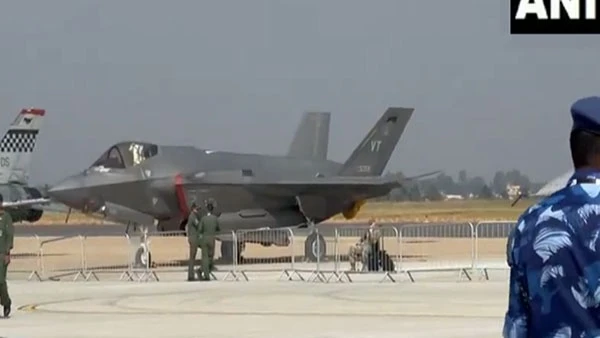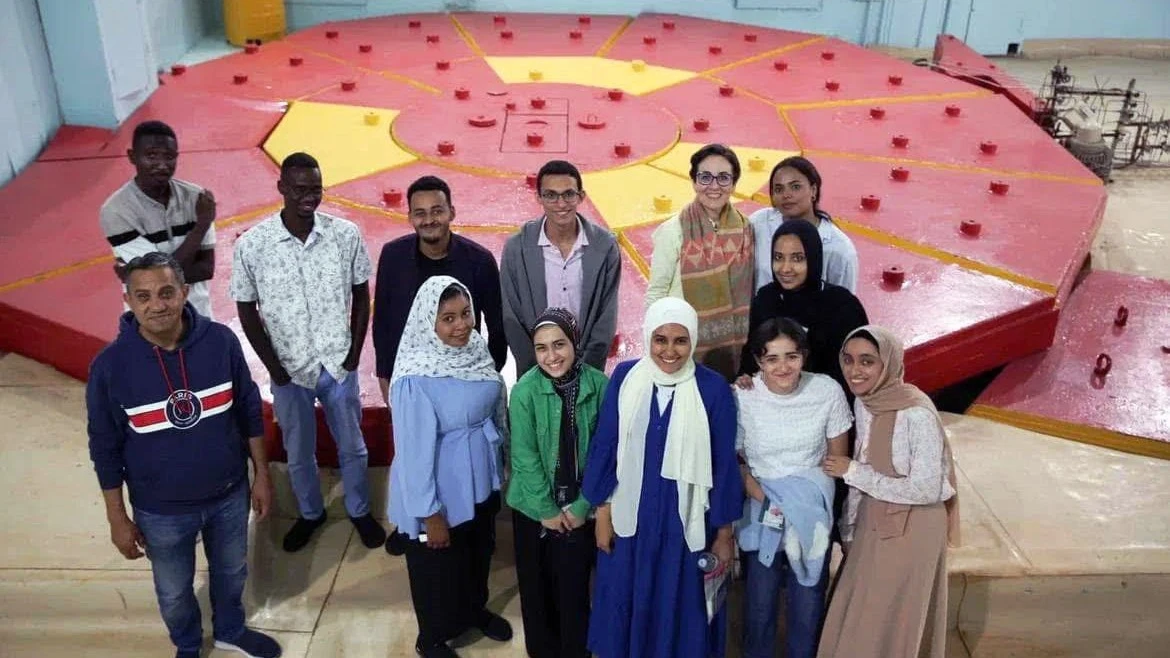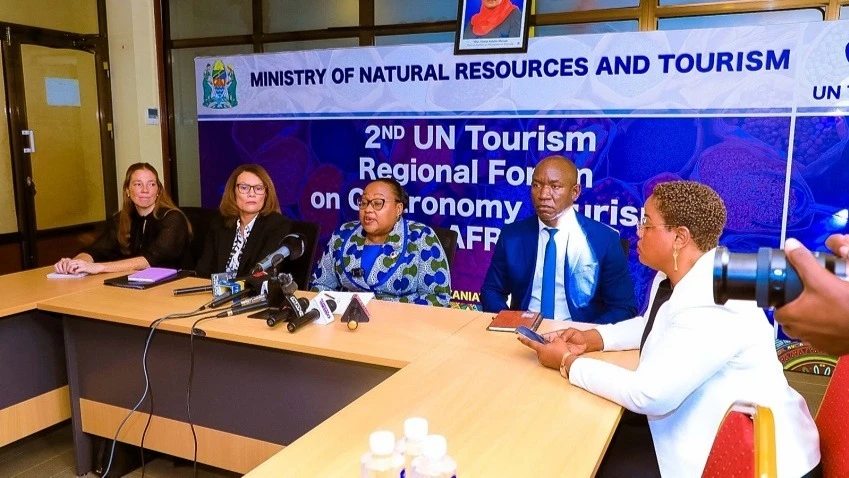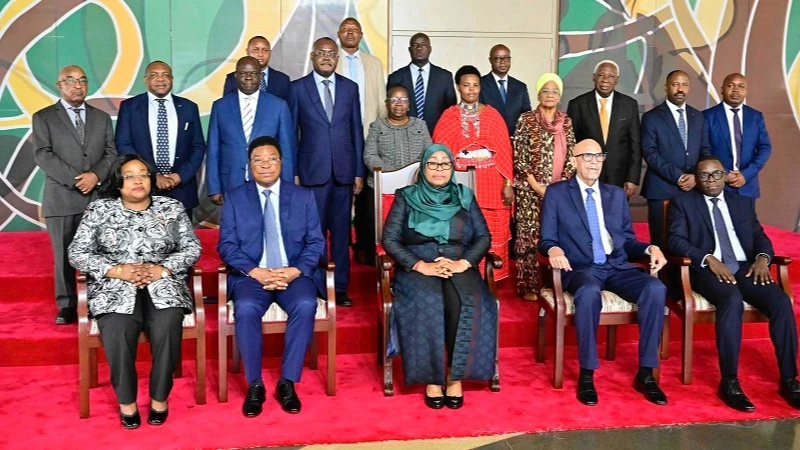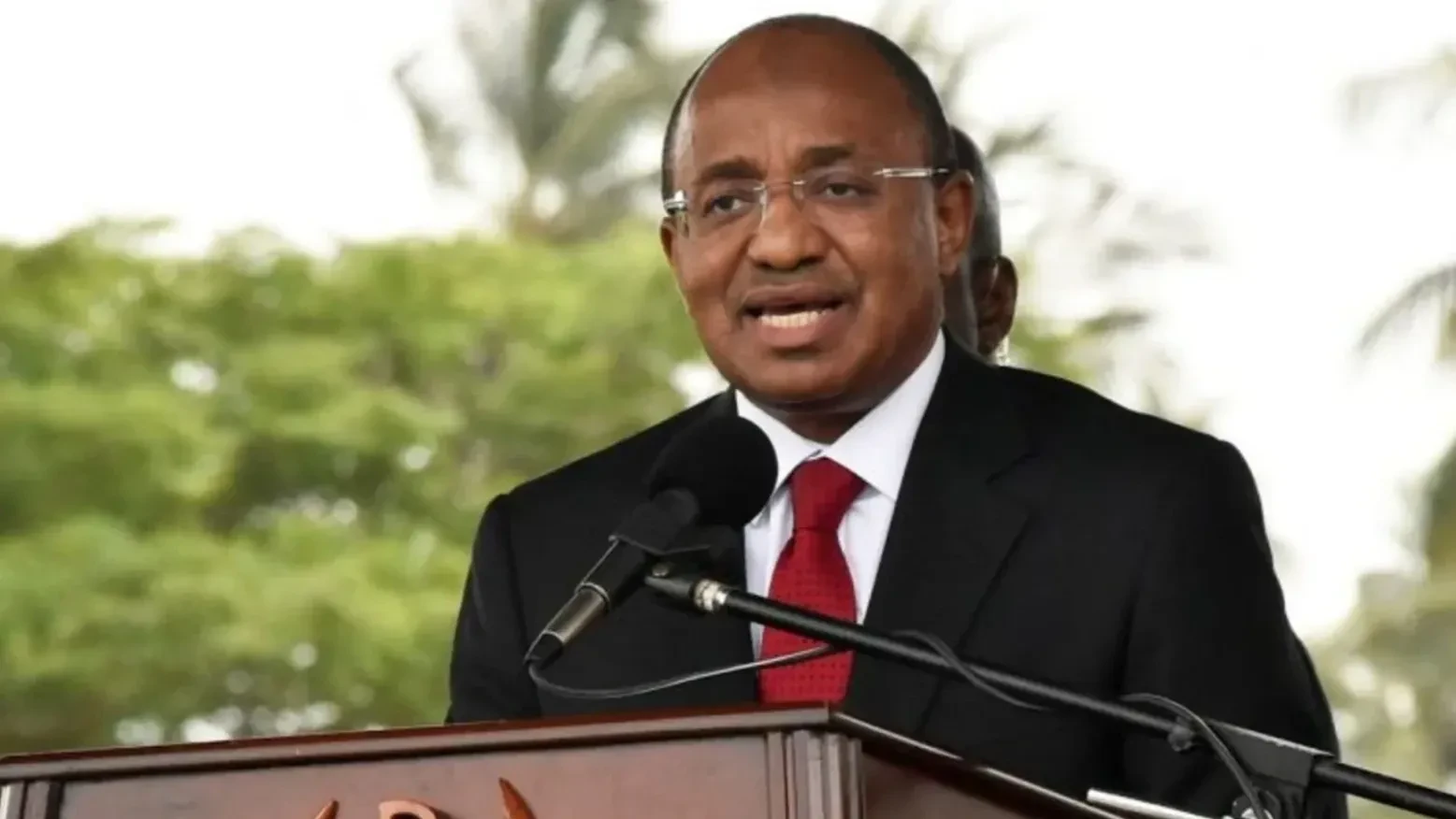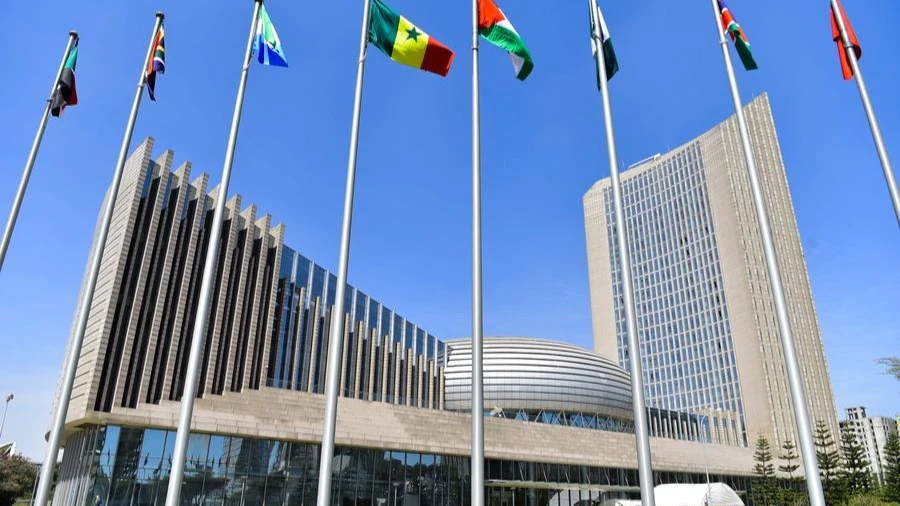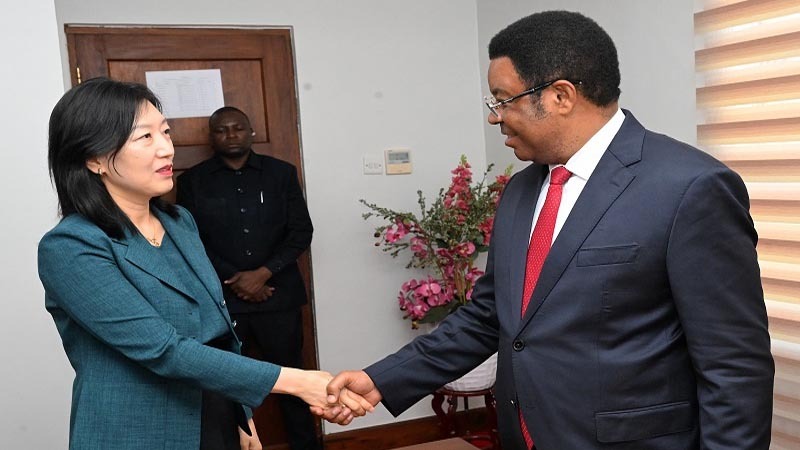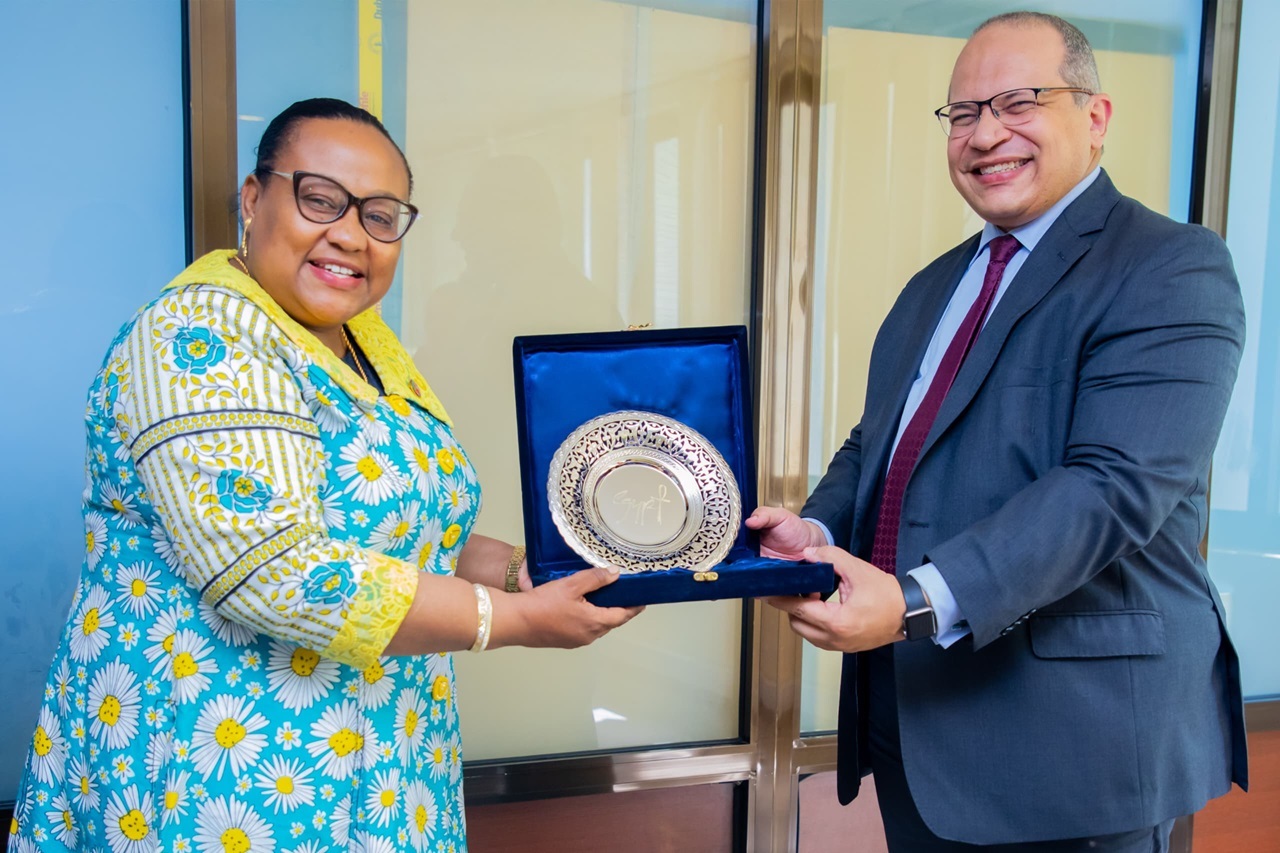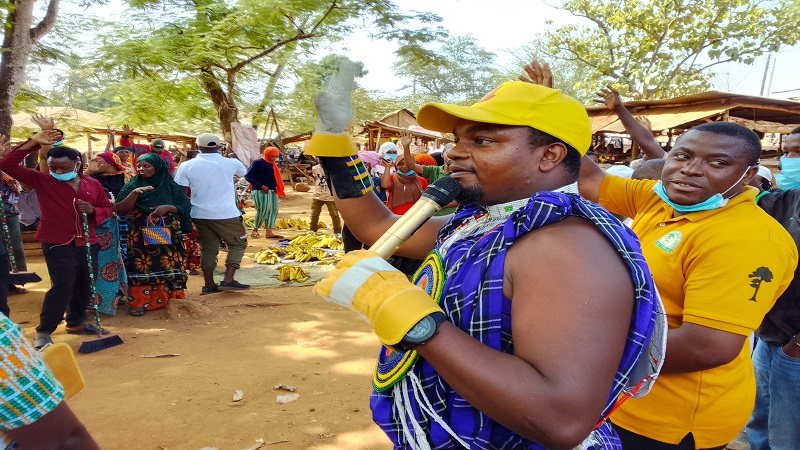From Namibia to Kongwa at 17 years old
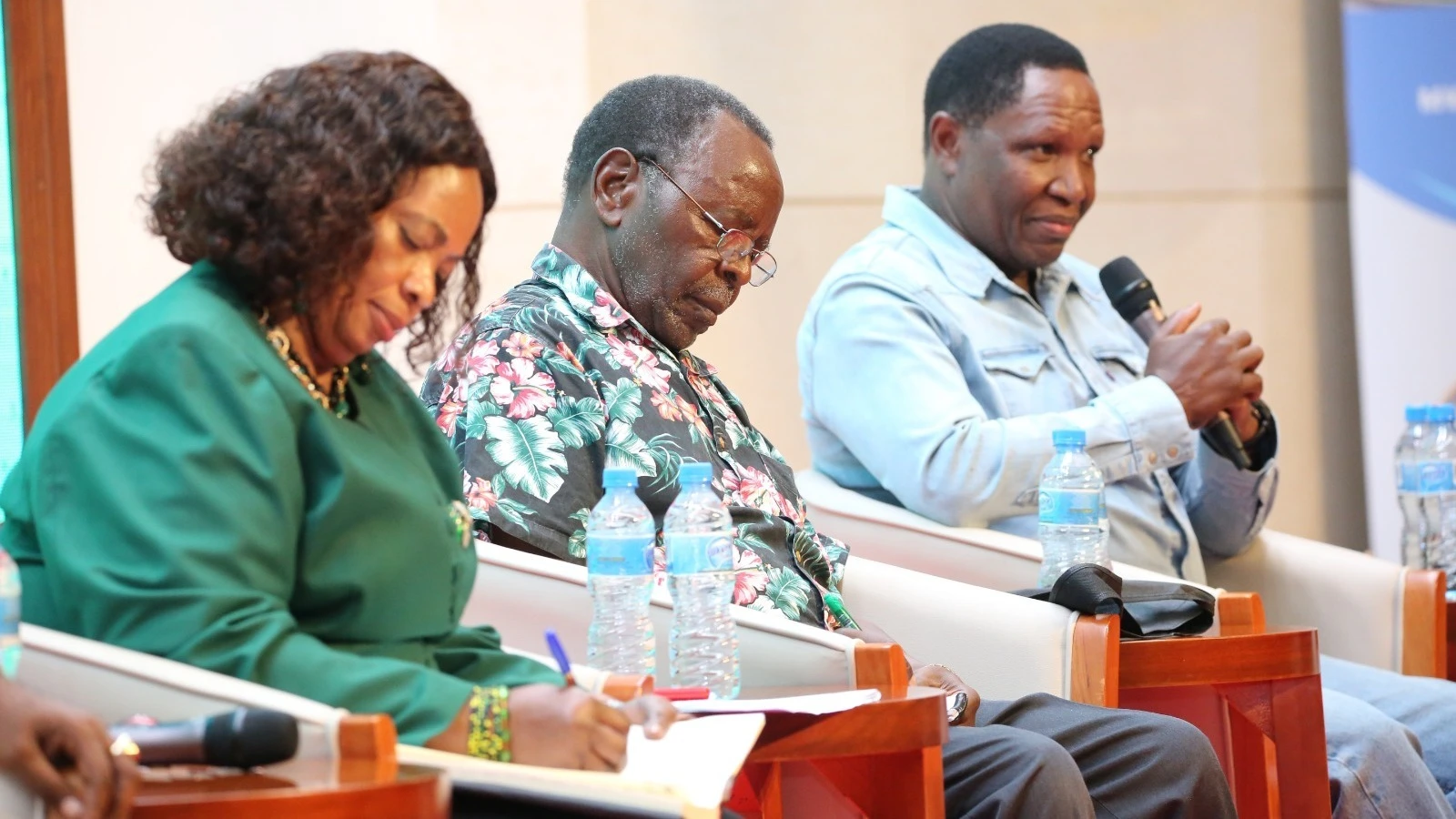
FOR a young boy leaving colonial Namibia at just 17, embarking on a journey to Tanzania through Botswana and Zambia in the 1970s might seem like a plot from a movie or a gripping novel.
However, this is the true story of Charles Mubita, a young and patriotic Namibian, driven by a deep sense of nationalism.
In a recent interview at the Mwalimu Julius Nyerere Leadership School (MJNLS) in Kibaha, Coast Region where he attended a commemorative dialogue honouring Tanzania’s founding father and African liberation icon, Mwalimu Julius Nyerere, Mubita shared his remarkable journey.
Now a PhD holder and a member of the South West Africa People’s Organization (SWAPO) Central Committee, Mubita began his fight for freedom in the early 1970s when he joined SWAPO’s armed wing, the People’s Liberation Army of Namibia (PLAN).
“I got involved in SWAPO activism in my early teens,” Mubita recalled. “I had heard about SWAPO leading the fight against the apartheid regime in South Africa, and I knew I wanted to join PLAN for military training to contribute to the liberation struggle.”
In 1974, Mubita crossed the Namibia-Botswana border through the bush, guided by SWAPO handlers. After a brief stay in Botswana, he travelled to Zambia before arriving in Tanzania to join PLAN’s military training camp. By 1975, at just 17 years old, Mubita found himself leaving Botswana for Zambia and ultimately reaching the border town of Tunduma in Tanzania.
Reflecting on his journey, Mubita noted the stark contrast between the freedoms in Botswana, Zambia, and Tanzania compared to the oppressive environment of apartheid Namibia. “I was struck by how free the people in these countries were. No one asked for IDs or harassed us, unlike in Namibia, where you were constantly stopped and questioned by the police,” he said.
This experience solidified Mubita’s determination to train hard and fight for Namibia’s freedom. “I was eager to return to Namibia as a free nation where people could live without colonial security agents harassing them,” he said.
Upon entering Tanzania, Mubita and his fellow SWAPO recruits were received by the Tanzania People’s Defence Force (TPDF) and transported to the renowned Kongwa Military Training Camp, approximately 100 kilometers from Dodoma.
The camp served as a hub for military training for various African liberation movements, including fighters from Mozambique, Zimbabwe, South Africa, and Angola, all supported by the Organization of African Unity (OAU) Liberation Committee.
Mubita underwent intensive training under TPDF instructors, mastering both light and heavy weaponry.
“The training was tough, but by the time we completed it, we were highly qualified and ready to face the enemy on the battlefield,” he said.
After completing his training, Mubita was appointed Section Commander in PLAN, specializing in reconnaissance and engineering, particularly in landmine operations. He played a pivotal role in significant missions, including the Mpacha main-road attack in February 1978 and the Katima Mulilo attack in August 1978, both of which shocked the apartheid regime.
At the commemorative dialogue in Kibaha, Mubita presented a paper titled “The Role of Ideological Education in Preserving Nyerere’s Legacy.”
He emphasized Nyerere’s unwavering commitment to freedom, equality, and socialism, arguing that these principles remain vital in today’s world.
“Mwalimu Nyerere was a staunch advocate of socialism because it ensured freedom and equality for all, unlike systems that create classes and inequality,” Mubita remarked. He urged scholars, politicians, and citizens to uphold Nyerere’s legacy of Pan-Africanism and African unity.
During the dialogue, focused on Mwalimu Nyerere and the Liberation Movements: Reflections on Solidarity, Leadership, Pan-Africanism and African Unity, former President, Jakaya Kikwete reiterated Tanzania’s crucial role in the African liberation struggle.
He recalled how the OAU Liberation Committee, founded in Tanzania in 1963, was instrumental in coordinating support for African nations still under colonial rule.
Kikwete acknowledged the contributions of leaders such as Ambassador Faustin Chale, George Magombe, and Lieutenant General Hashim Mbita, who led the Liberation Committee in its mission to free the continent from colonialism.
Top Headlines
© 2025 IPPMEDIA.COM. ALL RIGHTS RESERVED













